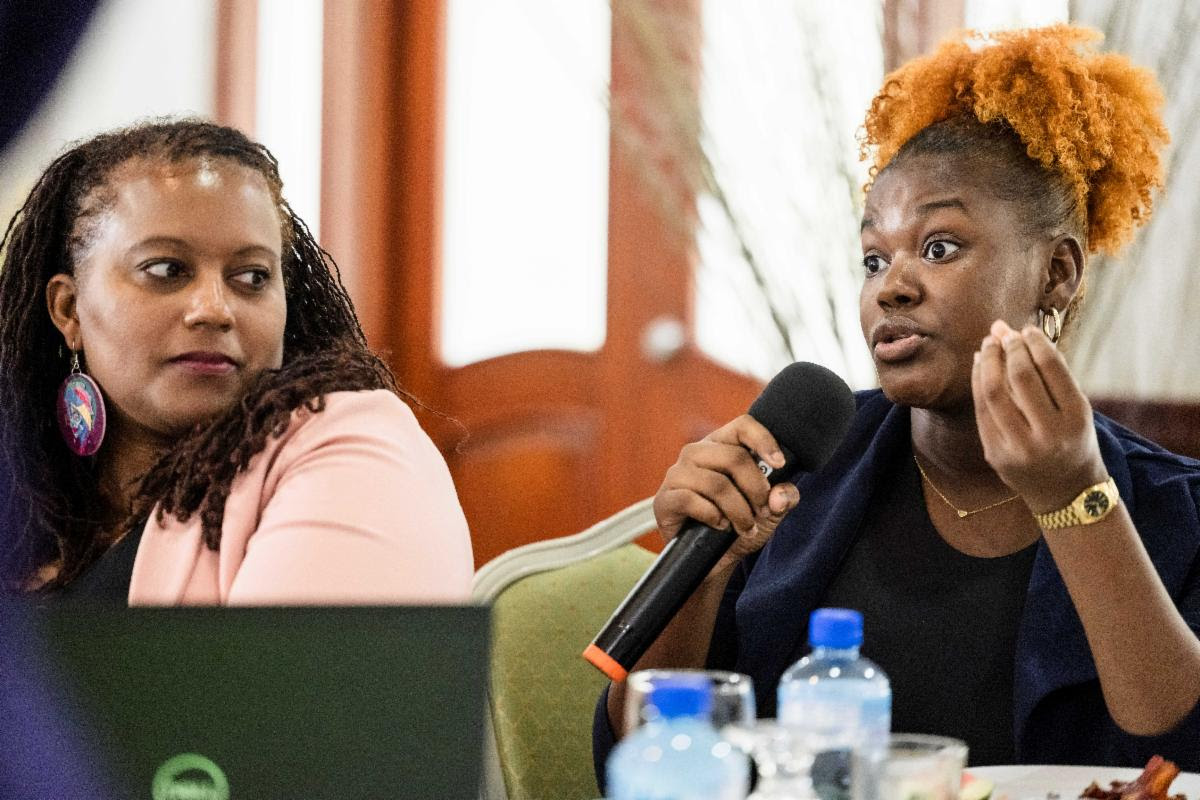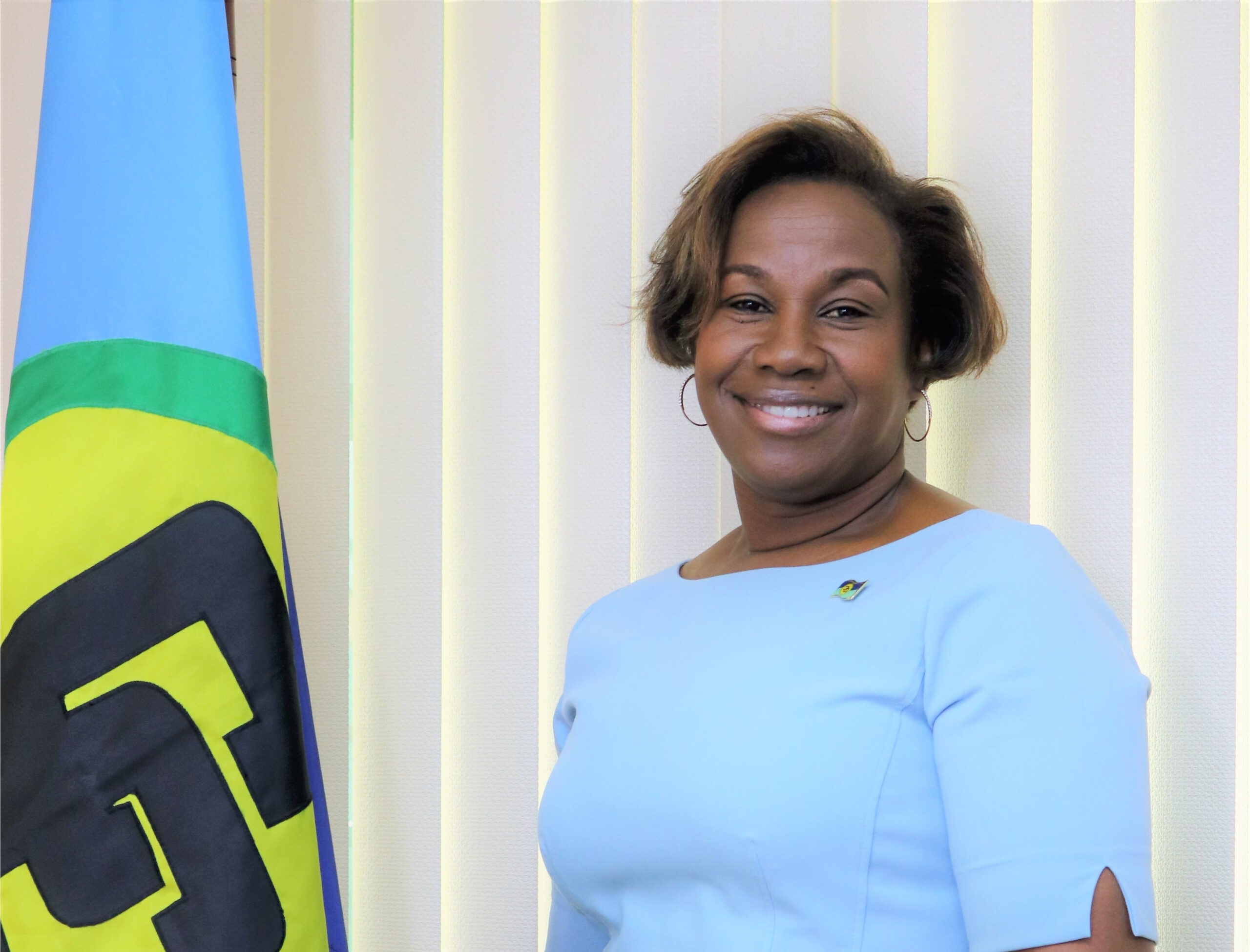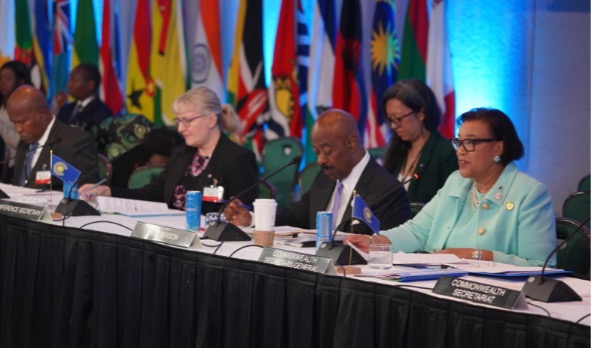Latin America and the Caribbean must expand women’s participation in science, technology and innovation to make progress on gender equality and achieve inclusive and sustainable development, authorities, specialists and international officials agreed Wednesday at the inauguration of the Gender Summit 12 being held at the headquarters of the Economic Commission for Latin America and the Caribbean (ECLAC) in Santiago, Chile.
“It is truly an honor that this first Summit for Latin America and the Caribbean is taking place in Chile, and I say this as the president and as a woman who has worked for the rights of this country’s women, girls and adolescents,” said Chilean President Michelle Bachelet, who headed the event’s opening session along with Mario Hamuy, Chairman of Chile’s National Commission for Scientific and Technological Research (CONICYT), and Mario Cimoli, ECLAC’s Deputy Executive Secretary a.i.
While the head of State recognized that the gender gap is still wide in Chile in areas such as science, technology and innovation, she affirmed that her government has actively taken responsibility for reducing this inequality that continues to limit the country’s development possibilities. She praised, in this sense, cooperation among Latin American countries to “exchange information and open paths to action.”
Meanwhile, Mario Cimoli indicated that countries cannot advance toward gender equality without taking into account the technological revolution under way in the world, with new digital platforms, artificial intelligence and big data analytics, among other disruptive technologies.
These technologies are key for formulating and implementing public policies, in a framework of regional integration, the senior United Nations official explained, adding that the region’s Achilles’ heel is precisely the scant resources spent on science, technology and innovation in comparison with developed economies.
Cimoli also highlighted the orienting role that the 2030 Agenda’s Sustainable Development Goals (SDGs) play at a global, regional and national level. This Agenda, approved by the United Nations in 2015, seeks to leave no one behind, Cimoli emphasized.
Mario Hamuy, Chairman of the CONICYT’s Board, expressed his hope “that this Gender Summit be a very fruitful gathering, full of enriching discussions based on evidence and experience, for moving toward science, technology and innovation without limits,” which incorporates the gender perspective in all its dimensions.
The event, organized by CONICYT with the collaboration of ECLAC and other international and local institutions, is taking place on Wednesday and Thursday, December 6-7 and brings together researchers, academics, opinion leaders as well as representatives of governments, the private sector and civil society.
The Gender Summit is an international platform that examines the impact of gender (in)equality on science, technology and innovation. These gatherings began in Europe in 2011 and have expanded to diverse regions. This is the first summit fully dedicated to the Latin American and Caribbean region.




